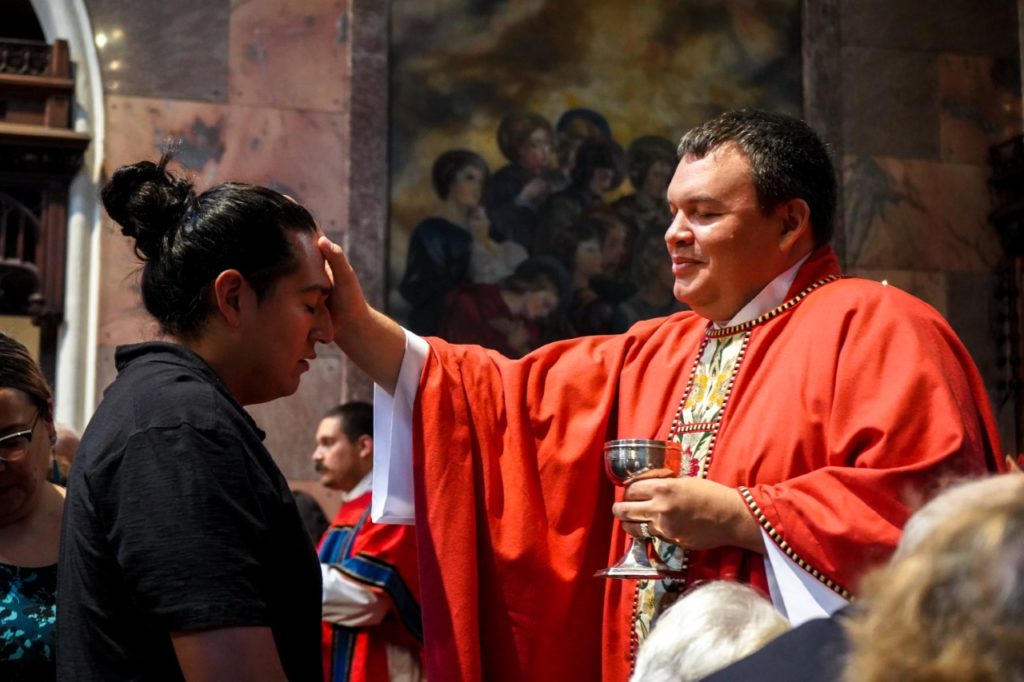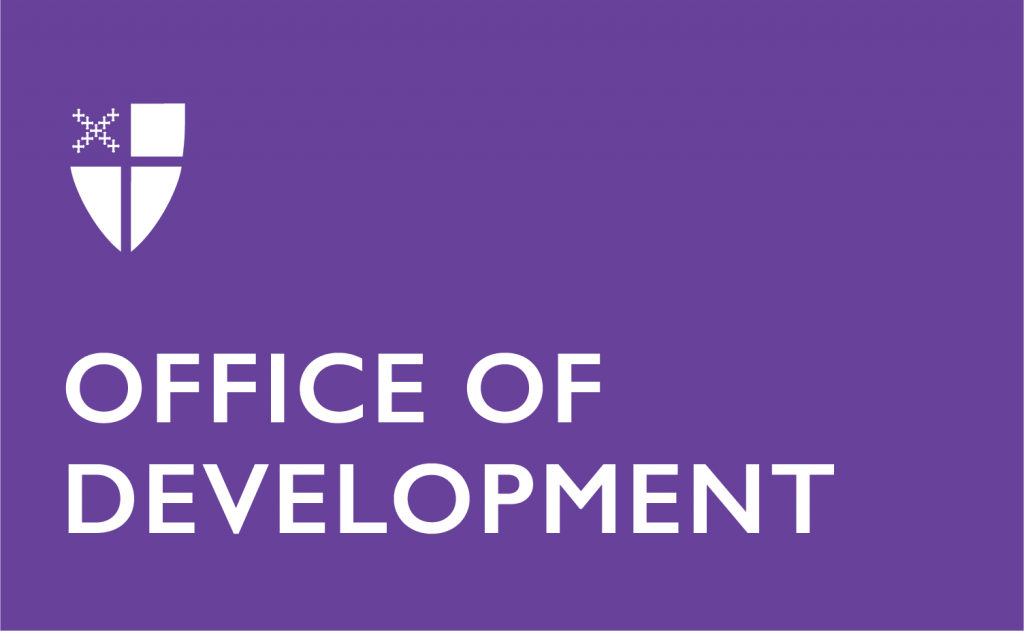Getting to Know You: The Rev. Shaneequa Brokenleg
The Rev. Isaiah “Shaneequa” Brokenleg did not have “host a podcast” on her 2020 bingo card!
Brokenleg joined the presiding bishop’s staff in the Office of Reconciliation, Justice and Creation Care in January 2020 as the staff officer for racial reconciliation. She anticipated lots of travel and looked forward to this new call, training and teaching Becoming the Beloved Community in partnership with parishes and dioceses across the country.

Like most of us, she instead had to rethink what it means to connect and to minister. The podcast, Prophetic Voices: Preaching and Teaching Beloved Community, grew out of clergy asking for help. Clergy and lay ministers wanted to address social justice through the liturgy, but many didn’t know where to start. Addressing this need, Brokenleg proposed to the Communications Office of The Episcopal Church a limited series of conversations with colleagues representing The Episcopal Church’s cultural breadth and reach. Together, the guests parse the appointed liturgy, connecting it to their lived experience and traditions. They discuss what the liturgy reveals to them now and share how they are bringing it to their congregations this year. What emerges for the listener is a rich exploration of how the word of God reflects, informs, and inspires our Becoming Beloved Community.
“If you get 100 downloads, that’s good,” or so Brokenleg was told by the communications staff.
The Prophetic Voice: Preaching and Teaching Beloved Community podcast has been downloaded more than 3,000 times! The podcast is a hit and is importantly meeting a need. The success of the Advent series podcast has led Brokenleg to prepare a new series for Holy Week.
An epidemiologist in her previous career, Brokenleg’s call to priesthood offered a union of her professional and cultural life. A member of the Lakota tribe, Brokenleg is a Winkte, a sacred healer for her people. As an epidemiologist, she traveled to many reservations and native communities throughout the Midwest to develop outreach programs to address health issues and challenges. Her current work in racial reconciliation draws on many of those same skills and approaches. She sees herself as a partner, following the communities’ lead and bringing tools and a new perspective while listening deeply to their discussions on racial reconciliation. The podcast is another tool to help clergy and lay preachers wrestle with race, gender, and social justice through liturgy.
Though this is not how Brokenleg envisioned her work for The Episcopal Church to roll out, we are grateful for her creativity and commitment to our shared work in racial reconciliation, and we are looking forward to new episodes of the podcast.

